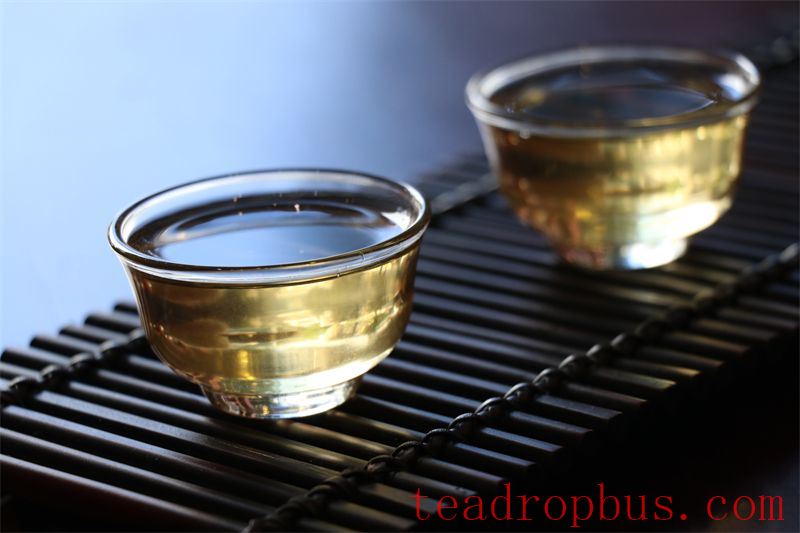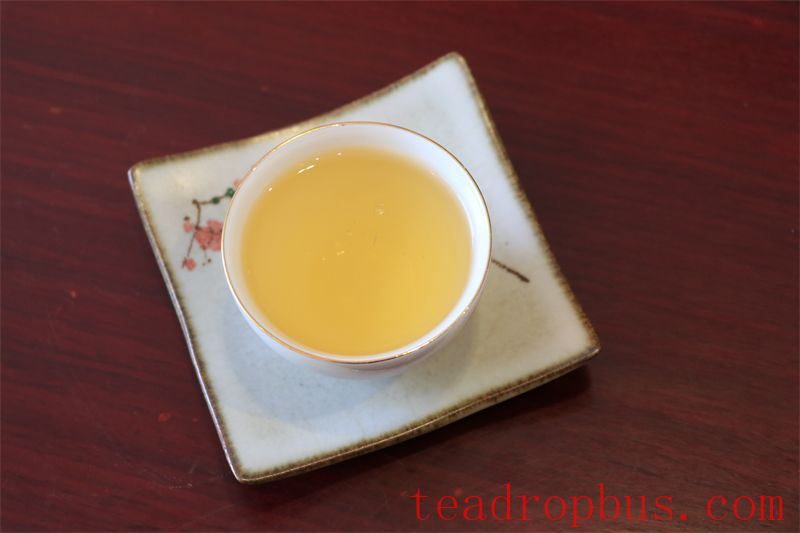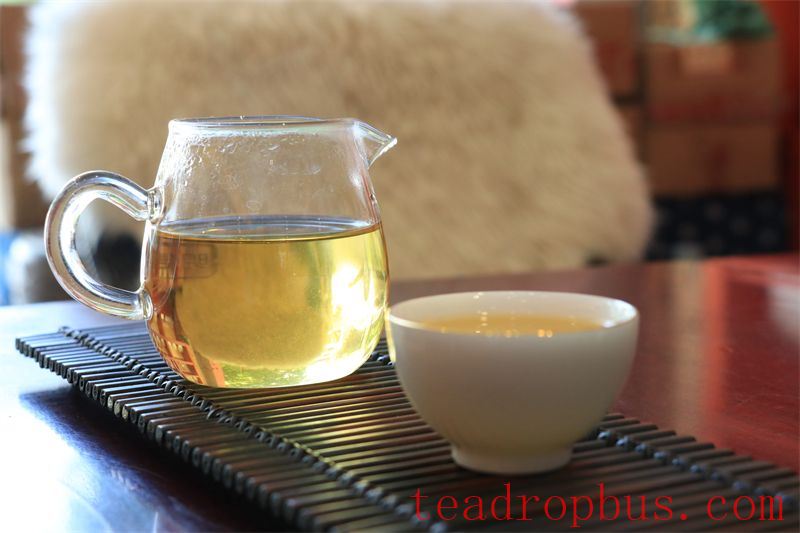In China, Tea is more than just a beverage; it is a cultural symbol deeply rooted in the nation's heritage, carrying the weight of history and the philosophy of life.
From ancient times to the present, tea has been closely intertwined with the emotional lives of the Chinese people. It is both a daily necessity and a source of solace for the spirit.
The origins of Tea drinking as recorded in Lu Yu's Tcha Ching from the Tang Dynasty have long transcended the material level, becoming a way of life and even a form of spiritual practice.
At the tea table, whether in solitary contemplation or in joyful gatherings with friends, a good pot of tea always paints a picture of tranquility and far-reaching serenity.

In today's fast-paced modern society, tea, with its unique “tranquil” quality, provides a haven for busy minds.
Selecting the tea, heating the water, brewing, and tasting each step requires a calm and patient approach, which is not only a sign of respect for the tea itself but also a cultivation of one's attitude towards life.
The depth of tea ceremony lies not only in the quality of the tea but also in the mindset and emotional investment of those who partake.
The six major categories of tea each have their own distinct flavors, from the freshness of Green Tea to the richness of dark tea, telling different stories and evoking different sensory experiences.

In the world of tea, everyone can find a flavor that resonates with their current state of mind, perhaps awakening childhood memories or stirring up deep nostalgia for distant hometowns.
Pu'er tea, in particular, carries a rich emotional hue. Each cake of tea from home is like an unsent letter, warming the hearts of every wanderer.
Tea teaches us to savor life. Just as the bitterness of the tea turns into a sweet aftertaste, so too is the journey of life, revealing its true essence after weathering storms.
With tea by our side, we learn to find extraordinary meaning in ordinary days, to persevere in adversity, and to be grateful in prosperity.

Tea fills life with poetry and philosophy, reminding us that amidst the mundanities of daily life, there should also be the elegance of music, chess, calligraphy, and painting, thus creating a life full of rich flavors.
Therefore, tea is more than just a simple drink; it is a concrete expression of the Chinese philosophy of life, a remembrance of the past, a cherishing of the present, and a hopeful anticipation of the future.
In every sip, tea and people together write warm chapters about growth, emotion, and life.